- AI
- A
How we implemented AI in training and what simulators have to do with it
We moved away from traditional online training and created a product that solves specialists' problems. Interactive simulators and AI make learning useful, engaging, and effective.
Hello, I am Farya, co-founder of InzhenerkaTech. This is a series of articles about our simulators. In this one, I will talk about the essence of the product itself. In the next ones, our developers will share the technical background of each module.
Before I started working in education, I was an engineer for 7 years and wrote code. After that, I got into EdTech, in a large online school. We created courses for IT specialists in the format of live webinars. I also taught Product Management and mathematics myself. I enjoyed teaching and sharing my experience, but there were also problems:
Videos and live webinars.
Personal feedback.
Low-quality content, consequently, low trust and the stigma of "infogypsy".
Cost without a ceiling.
Before we go any further, let's analyze each point separately. What are the problems with what everyone talks about as advantages?
Videos and live webinars.
I have ADHD. Good start, right?) I can't stand videos and webinars. A teacher who can hold my attention is a rare phenomenon, I usually mark such cases in my calendar and celebrate them as a national holiday. But these "aaaaa", "eeeee" drive me crazy. I just CAN'T STAND all this.
Webinars are presented by online schools as something incredibly cool and effective. "You can ask a question right away!" they shout. But for some reason, they keep silent about the fact that they have a lot of disadvantages:
The interest and usefulness of webinars depend on the charisma of the teacher and his ability to structure.
Middles and seniors never watch them to the end. As a rule, they need something specific from the course.
It's a pain (sorry) to go back if you suddenly need to clarify something. Sometimes the teacher conducts a webinar for 3 hours instead of the promised one and a half. Rewind, find, re-listen, and chat GPT will choke processing and searching for this place in the video...
The ability to ask a question to the teacher is greatly overrated, as is...
Personal feedback
This beast always makes me smile with affection. Feedback! Only no one says that it always turns from the category of "detailed answer" to "ok", "accepted", "great job".
Yes, and it often happens that there is simply no point in squeezing feedback out of yourself. It is simply not needed)
Personal feedback for a mid-level specialist is highly overrated. As a rule, such guys themselves know what they need. And approaches and techniques in work can be adopted in other ways.
There is another terrible drawback, only from the business side. There are many students, but there are always few people checking homework. And at some point, a collapse occurs. Students wait for their feedback for weeks, only to receive "accepted" in the end.
Low content quality and the stigma of "infogypsies"
"INFOGYPSIES!" — seniors shout at the courses, after which poor exhausted juniors go to interviews) Fortunately, I have never dealt with beginners. EngineerTech does not teach beginners, and I have never worked in education for newbies. I don't know them.
But what is the quality of education for a specialist who is knowledgeable? For an engineer of mid-level and above?
The ability to apply the acquired knowledge in their work here and now and/or in upcoming projects within a year or two.
Fun and lively presentation that is pleasant to them.
Relevance of the material.
An author whose experience inspires trust.
Let's think about the likelihood that you will combine all these criteria in webinars?🙂
I'm silent about beginner courses, I don't know why everyone spits on them. The superficiality of the sold knowledge, the weakness in the subject area — all this is something I do not deal with. I already work with experienced specialists.
A common problem for specialists in webinar courses is WATER :) Murky, disgusting, and soul-sucking.
Cost without a ceiling
I am the person who sets the price. The one who calculated the economy and pnl of the entire business. Of course, courses are not cheap. But NOT ONE HUNDRED AND FIFTY, DAMN IT, THOUSAND)))))) No, look. If the course is from scratch and for a year, this figure is justified only by the service. The candidate is too lazy to google, do something himself, so we will collect everything for him and serve it on a silver platter. But three to five months of webinars for a mid-level specialist is simply impractical due to the criteria above.
And now let's get to the most interesting part. How we solved these problems at EngineerkaTech.
We create interactive simulators and trainers and integrate artificial intelligence into this process.
Yes, we have webinar courses. But mainly for hardware engineers. This is another story and our other direction.
Our rules:
We create a simulator on a narrow professional topic that is currently relevant to the specialist and in demand in the international market. For example: DWH on dbt, Dagster, Playwright for QA, soft skills for teamlead, Rust. In short, exactly what he needs here and right now.
We include not just tasks like "Do one, do two" in the simulators, but business projects and tasks. The question of applicability is always relevant for everyone, moreover, techies generally have a problem understanding that they are hired not to code, but to solve business problems. We show the applicability of technology on real projects and business tasks. For example, if the simulator is on DWH, then the student gets into the environment as a data engineer in a kick-sharing company and solves its problems based on real data.
We maintain the tone of voice and style of the author with his sometimes absurd humor (yes, we are excited by such a presentation). Our theory is always in the text. In this format, it is difficult to pour water, but it is very easy to fall into academicism. We make the texts with characters, interesting, funny, and make you want to return to them again.
In addition to funny and interactive theory, where our bot can simply answer the student's questions and give summaries, we have created our own cloud IDE with built-in AI (by the way, his name is DuDu). What it looks like:
Why is this cool?
In this format, there is room for experimentation. Here is a task, a solution option, and AI to explain your quirks. We think this is much more valuable than 3-hour webinars with basic questions and no opportunity to try something yourself. And if you did try, it's unclear what you did and why :)
The student immediately learns to use prompt engineering. It turned out that only a third of SENIOR specialists have this skill.
You don't need to switch between tabs, you can get an answer to a question right here and now.
There is an opportunity to figure out what is wrong in the IDE and what can be improved.
Unlike ChatGPT, our built-in DuDu does not generate nonsense :) At least it can be trusted.
Solution variability. For a mid-level and senior, the number of solution options is more important than feedback. He can handle it better than the teacher, and that's okay. This target audience has no idols. Therefore, the AI trainer can offer more versions besides the "reference" option of the author.
With the help of AI, we not only get quality feedback and relevant recommendations, but also reduce the author's workload on giving these very feedbacks. If you teach, you know that students' questions are usually repetitive. And you also know that they are usually simple and contain nothing extraordinary. And AI handles them perfectly, leaving really interesting cases for the human. So we do not exclude the teacher and the general chat with him from the educational process, he is always open to any questions. But AI helps to solve the lion's share of simple tasks, and students come to the author only with complex ones that are interesting to analyze together.
All this simplifies the learning process, makes it more enjoyable, and provides more opportunities. And together with the set business task and the author's interactive theory, it engages even people with ADHD :)
What's next?
Now we are using AI to create a real working environment simulator. This is an imitation of a team work chat with characters "played" by the same artificial intelligence. We want to make the training as close to reality as possible, where each specialist develops not only hard skills but also soft skills. The essence of the product is as follows:
The student enters the chat as an employee and takes on the role of a team member. In the chat, he is greeted by the team lead and the project manager. The team lead sets the task, the project manager engages in seagull management and annoys in every possible way.
The student's task is to complete the task.
What happens in this case?
A real person needs a team lead who will always help and answer all questions.
A real IT specialist needs to develop soft skills in addition to hard skills. This is really a problem.
A real student needs to learn how to work with a particular technology.
What do we have:
A team lead who will answer questions.
A real business task.
A project manager who will give feedback on your soft communications.
Oh yes, if you can't cope, you will be fired🙂
We made it in the format of a bot in Telegram and implemented an AI internship, where each participant will install Docker and Docker Compose, deploy a web application and gain basic skills in working with them. If you are interested in trying, you can here.
In the next part, we will tell the technical background of the bot from the perspective of our developers, and also show how we managed to create a simulator for courses on working with microservices. To follow our results and try our product first, join our chat in Telegram.
Summary: we have moved away from traditional online learning and created a product that solves the problems of real specialists. Interactive simulators and AI make learning useful, exciting, and effective.
If you have any ideas or questions, write to us! We are always ready for dialogue :)

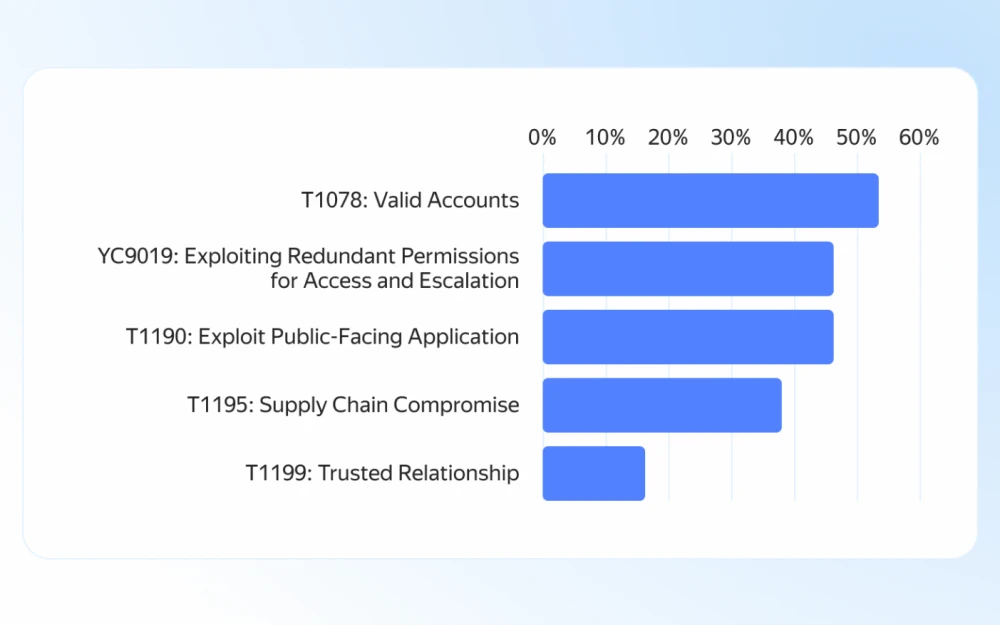
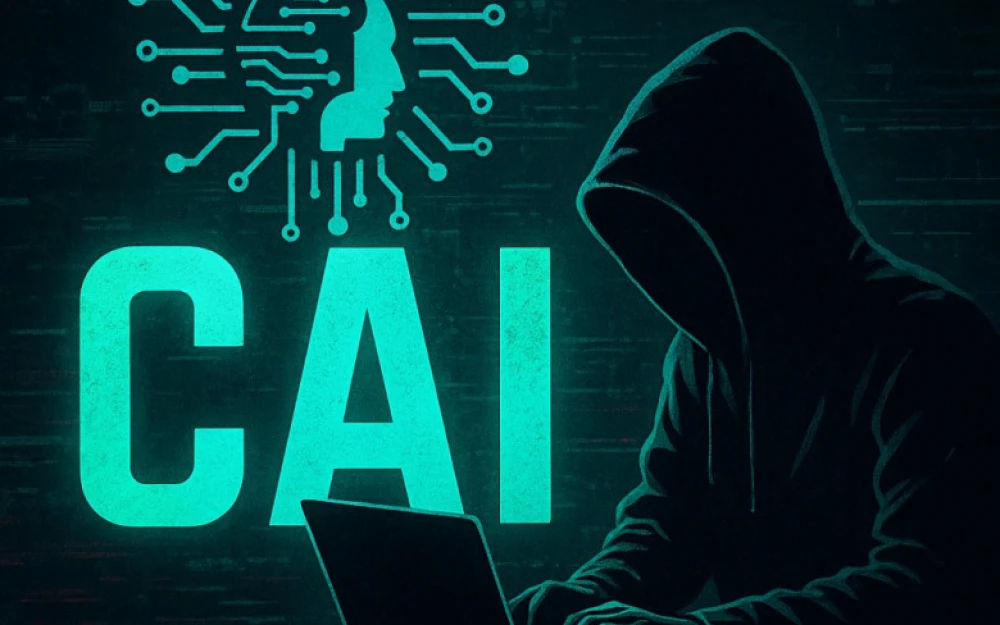
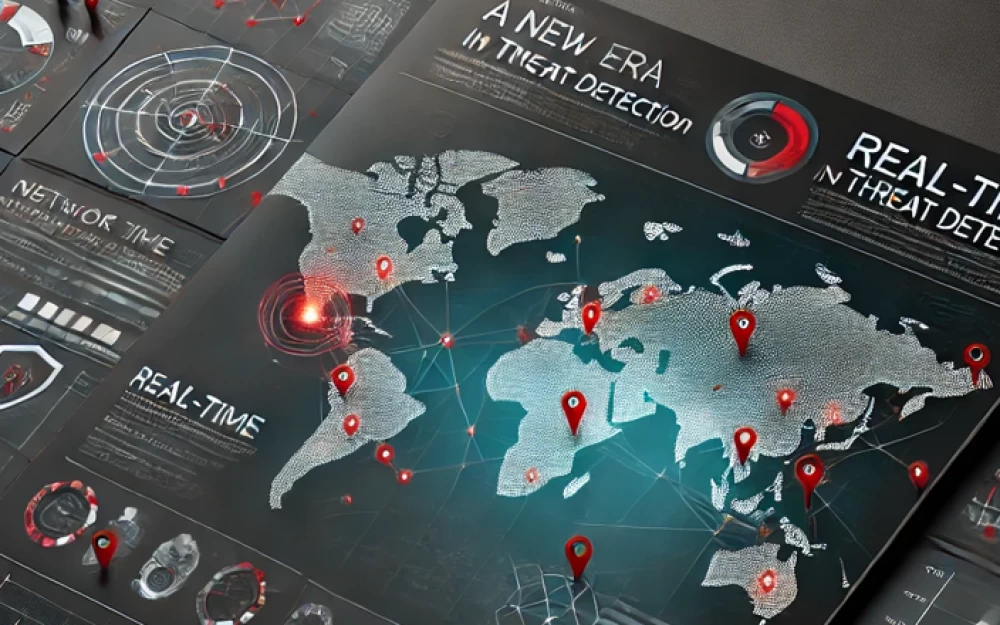

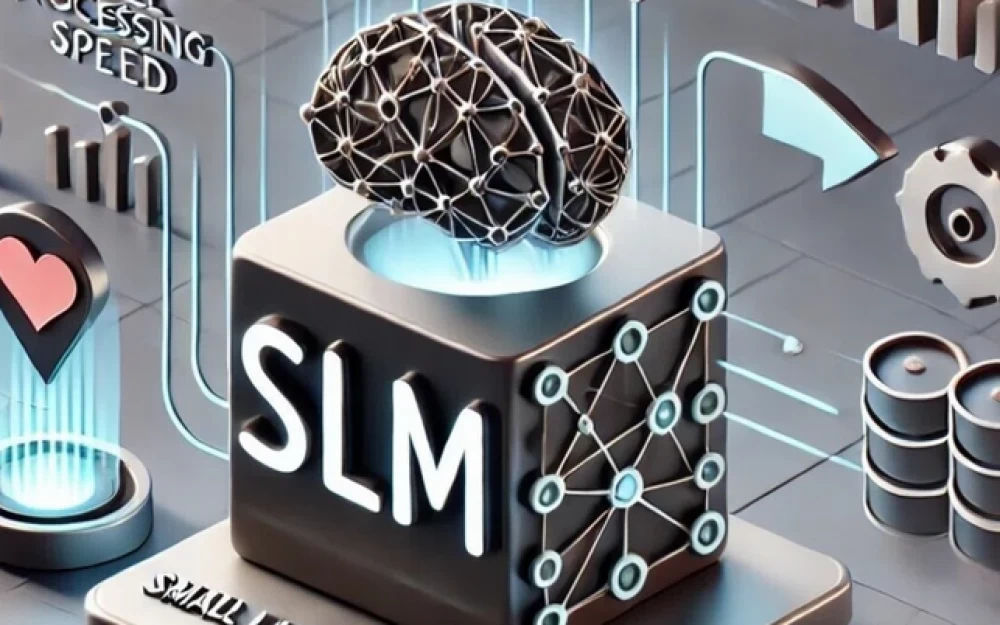

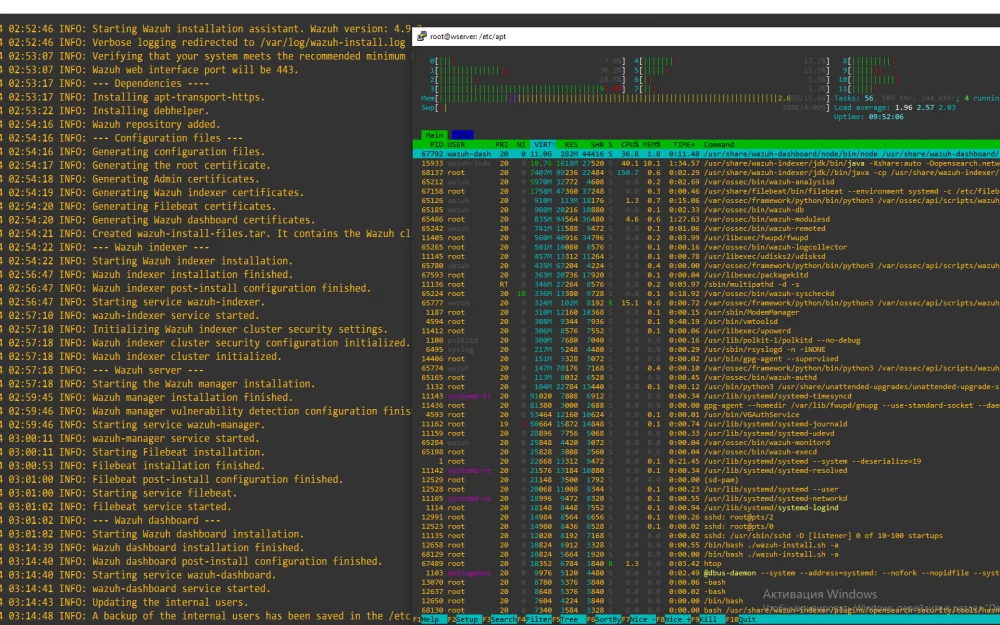

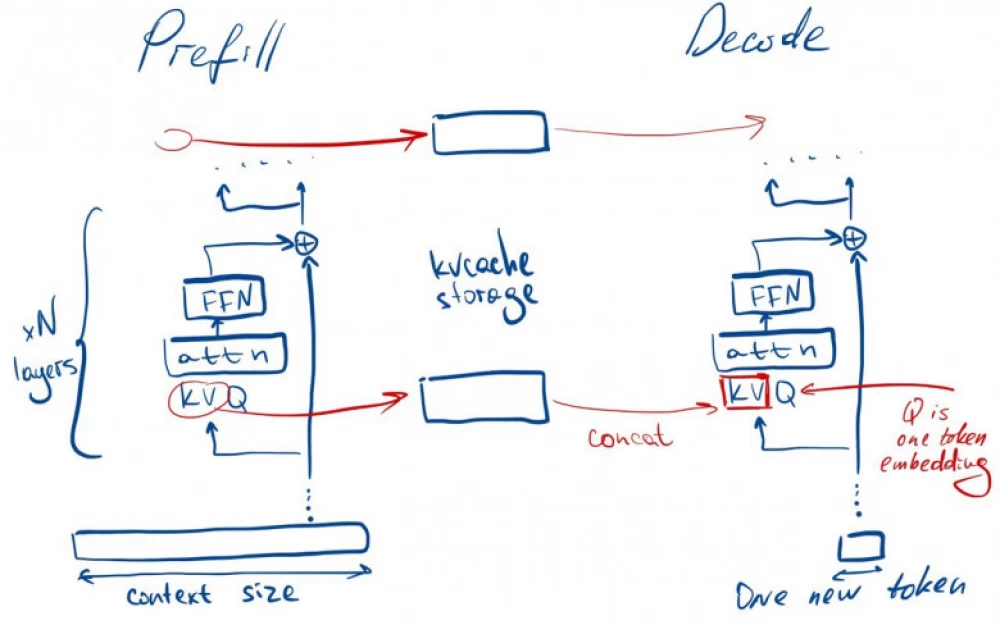
Write comment